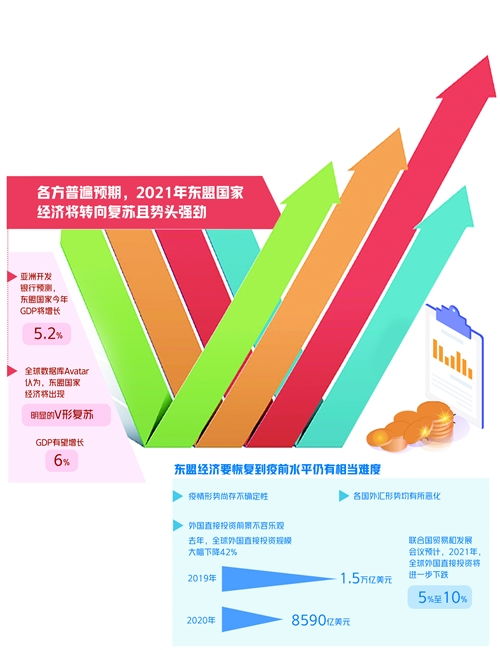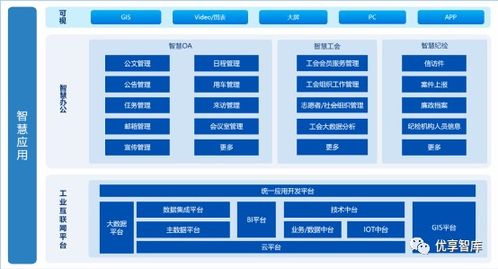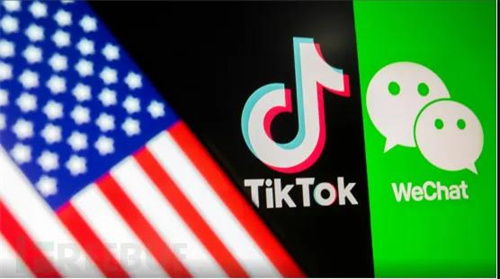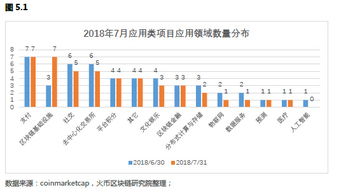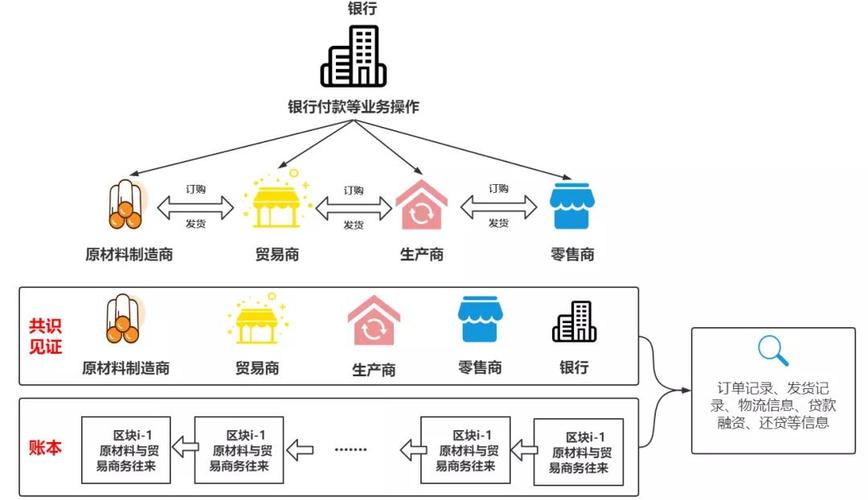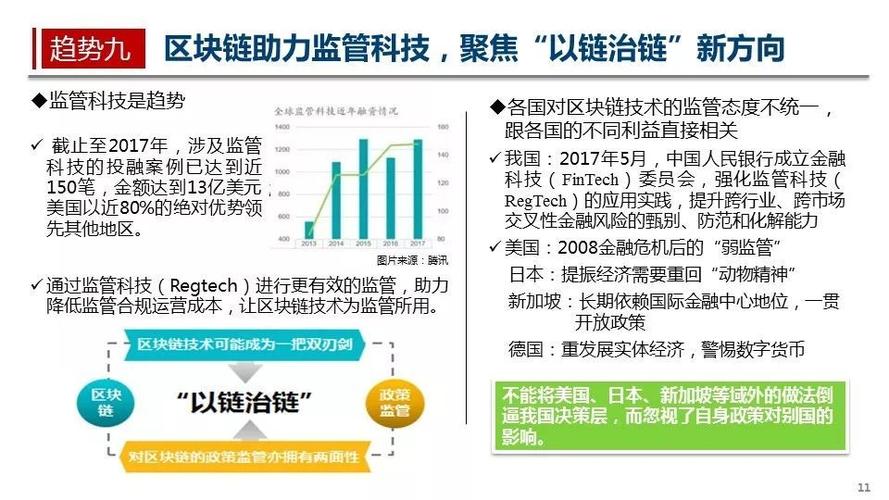区块链什么项目最好
Title: Exploring the Hottest Industries in Blockchain Technology
Blockchain technology has rapidly evolved beyond its cryptocurrency origins to disrupt various industries. From finance to healthcare, supply chain to gaming, blockchain applications are expanding, transforming traditional processes, enhancing security, and fostering innovation. Let's delve into some of the hottest industries where blockchain is making waves:
1. Finance and Banking:
Blockchain's impact on finance and banking is profound. It offers secure, transparent, and decentralized solutions for transactions, payments, and smart contracts. With blockchain, crossborder payments become faster and cheaper, reducing the need for intermediaries and minimizing fraud risks. Moreover, blockchainbased digital currencies, like stablecoins, are gaining traction, offering stability and efficiency in transactions.
2. Supply Chain Management:
Supply chain management is another industry ripe for blockchain disruption. By implementing blockchain, companies can enhance transparency, traceability, and accountability across the supply chain. With immutable records, stakeholders can verify the origin, authenticity, and movement of goods, combating counterfeit products and ensuring ethical sourcing practices. Smart contracts automate processes, streamline logistics, and facilitate realtime payments, optimizing efficiency and reducing costs.
3. Healthcare:
In healthcare, blockchain holds promise for securely managing sensitive patient data, interoperable health records, and pharmaceutical supply chains. Blockchainbased systems ensure data integrity, patient privacy, and secure sharing of medical records among healthcare providers. Through decentralized platforms, patients gain greater control over their health data, empowering them to share information securely and participate in medical research securely.
4. Real Estate:
Blockchain technology is revolutionizing the real estate industry by digitizing assets, simplifying transactions, and enhancing property management. Through tokenization, real estate assets can be divided into digital tokens, allowing fractional ownership and enabling liquidity in traditionally illiquid markets. Smart contracts automate property transactions, reducing paperwork, minimizing fraud, and expediting processes like rental agreements, property transfers, and escrow services.

5. Gaming and Entertainment:
Blockchain is reshaping the gaming and entertainment industry by introducing digital ownership, verifiable scarcity, and decentralized marketplaces for ingame assets and virtual goods. Nonfungible tokens (NFTs) enable gamers to truly own their digital assets, such as characters, skins, and virtual land, which can be traded across platforms securely. Blockchainpowered gaming ecosystems foster playerdriven economies, rewarding participation, creativity, and skill.
6. Energy and Utilities:
Energy and utilities are embracing blockchain for optimizing energy trading, grid management, and renewable energy initiatives. Blockchain facilitates peertopeer energy trading, enabling consumers to buy, sell, or exchange excess energy directly with others on decentralized platforms. Smart contracts automate energy agreements, ensuring transparency, fairness, and efficiency in energy transactions while promoting renewable energy adoption and sustainability.
Guidance for Businesses:
Embracing blockchain technology requires a strategic approach. Businesses should:
Identify Use Cases:
Evaluate industryspecific pain points and inefficiencies where blockchain solutions can add value.
Collaborate and Innovate:
Collaborate with industry partners, startups, and blockchain experts to explore innovative solutions and pilot projects.
Ensure Regulatory Compliance:
Stay informed about regulatory requirements and compliance standards relevant to blockchain implementations in specific industries.
Invest in Talent and Education:
Develop inhouse expertise or partner with blockchain specialists to navigate the complexities of blockchain integration and development.
Focus on Scalability and Interoperability:
Consider scalability and interoperability challenges while selecting blockchain platforms and protocols to ensure seamless integration with existing systems and future growth.In conclusion, blockchain technology is disrupting various industries, offering transformative solutions for diverse challenges. Businesses that embrace blockchain early and strategically stand to gain a competitive edge, drive innovation, and unlock new opportunities in the evolving digital economy.

